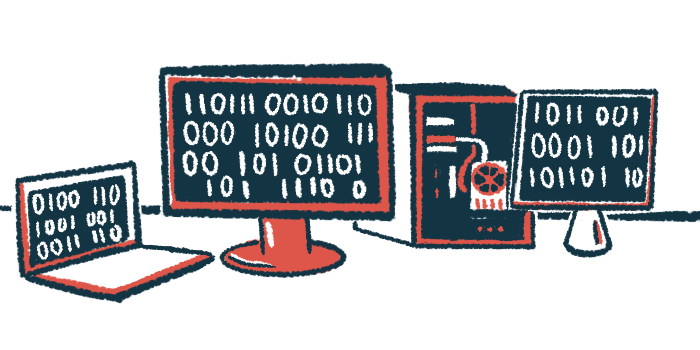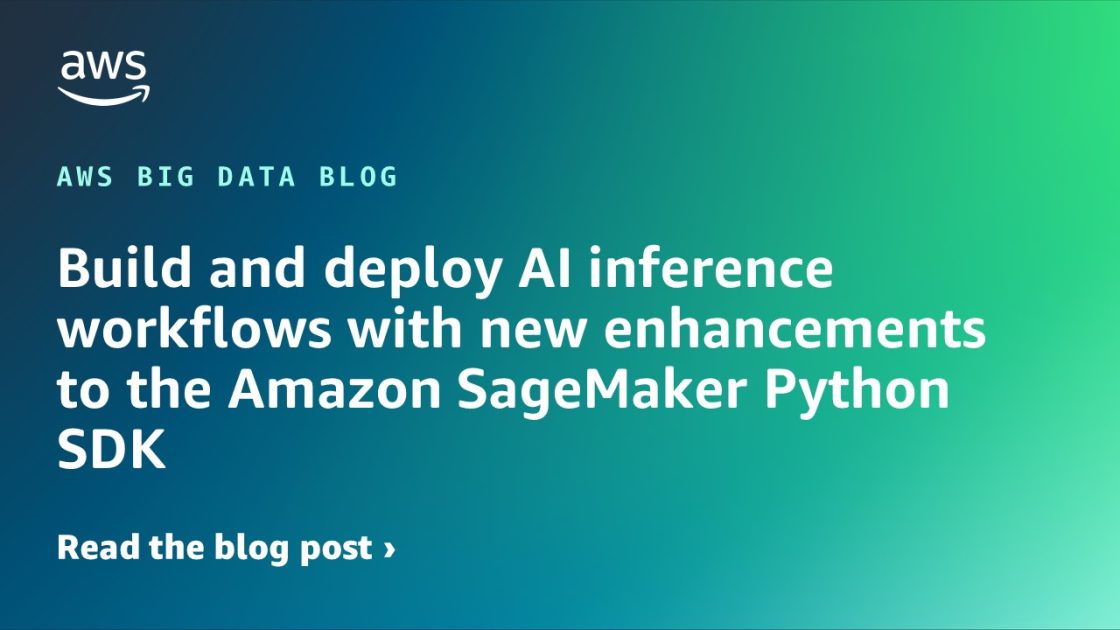New model would be used to analyze biopsies of salivary glands Using artificial intelligence (AI) to analyze biopsies of the salivary glands in people with Sjögren’s disease may help identify patients who are likely to have disease involvement in vital organs, a new study reports. According to the researchers, the novel model developed by the

How Agentic AI Can Support Legal Professionals – AI Business
Jeff Reihl, EVP and CTO for LexisNexis Legal and Professional, LexisNexis Legal and Professional
June 30, 2025
4 Min Read
The legal industry is undergoing a significant transformation as AI becomes a critical part of day-to-day work. Uniquely positioned to enhance how legal professionals operate, AI technology can support lawyers in more efficiently and accurately completing tasks that once demanded hours of manual effort.
In particular, AI technologies are enabling better outcomes for legal professionals due to the heavily text-based nature of their work. Legal professionals need to create text, find information within text, summarize, refine, ask questions about text and more. AI lends itself extraordinarily well to legal work.
For example, legal research can be very time-consuming. It’s critical for legal professionals to find the most relevant insights for a specific case and not miss any pertinent information. Generative AI can dramatically reduce that time by surfacing better results and summarizing large volumes of information quickly and accurately.
Beyond research, AI is driving efficiencies in drafting and document creation. Legal professionals routinely generate a wide array of materials, from motions and contracts to client communications and briefs.
To support these and many other legal use cases, LexisNexis recently launched Protégé, a personalized AI assistant for the completion of complex legal work. The vision behind Protégé is to personalize the AI experience to the legal professional’s workflow. Not every lawyer works the same way.
Related:AI-Enabled Personalization Ushers in a New Era in Customer Engagement
The Power of AI in Legal Workflows
By combining large language models with comprehensive legal content and an organization’s proprietary documents, AI assistants can enable faster, higher-quality drafting, making legal professionals much more efficient and productive.
Years of experience working with AI-based technologies like natural language processing and machine learning have paved the way for integrating the latest in generative and agentic AI into legal solutions. These advancements help simplify legal work, enhance productivity and drive deep value.
How Agentic AI Enhances Legal Functionality
Agentic technology can guide users through a series of steps to complete a workflow. Some workflows can be completed autonomously by the system, considering the information provided and the task being performed. Other workflows may require more human-AI collaboration, where the user provides input to help guide the next steps and the agent prompts the user with options based on the task.
Most effective AI workflows in the legal space begin with a planner agent that orchestrates the overall task. This determines which specialized functions to activate based on the user’s goal and the specific legal workflow. For example:
Related:Agentic AI Helps Organizations Scale Cybersecurity Faster: EY Study
-
A drafting agent might create high-quality legal documents like contracts, briefs, or client communications
-
An interactive agent engages the user directly when more information is needed
-
A self-reflection agent reviews the work and makes improvements to ensure the highest quality output
In many cases, a single workflow may involve multiple AI agents working in sequence with the planner agent mapping the path, task-specific agents executing key steps and a review agent polishing the final result.
These capabilities mean simplified AI use, accelerated productivity and enhanced value for legal professionals.
Ensuring Accuracy and Currency
Maintaining up-to-date legal content is essential for AI systems in the legal domain. Continuous updates with millions of new documents daily ensure that AI-generated answers reflect current law. Additionally, involving legal subject matter experts in fine-tuning large language models helps maintain relevance and accuracy.
A multi-model approach that selects the best AI model for specific customer use cases is proving effective. Continuous evaluation of new LLMs and partnerships with leading AI companies like Anthropic, OpenAI, Mistral, Microsoft and AWS allow for fine-tuning models to improve relevance and performance.
Related:AI in 2025: Driving Business Transformation and Growth
Addressing Trust Barriers
The legal industry has historically been slow to adopt new technologies due to mistrust of early AI versions. When ChatGPT emerged, legal professionals recognized significant opportunities. However, trustworthiness remains a barrier due to security, confidentiality, hallucination and recency risks in general purpose LLMs that were built for performance instead of the courtroom—all serious issues for lawyers.
These issues can be addressed with purpose-built legal AI that prioritizes both performance and trusted AI responses that lawyers can use with confidence. This type of AI development involves:
-
Enterprise-grade security, compliance and privacy
-
Responsible AI development with human oversight
-
A multi-model approach that selects the best AI model for each legal use case
-
Model responses grounded in comprehensive, current, authoritative legal content as well as in a customer’s own content
-
Model fine-tuning for the highest performance of a personalized legal AI solution
The Future of AI in Legal Practice
The vision for the future is that every legal professional worldwide will have a highly personalized AI assistant. These assistants will understand their work and be customized to individual preferences and workflows, helping with daily tasks. Voice AI assistance will allow legal professionals to interact naturally with AI, providing greater workflow flexibility. Autonomous agents will perform work in the background, providing legal professionals with additional information they need even when they are not actively working.
Early adopters of agentic AI are gaining the equivalent of a new legal assistant to their team – one that works efficiently and without constant supervision. As AI takes on more of the routine and time-consuming tasks, legal professionals will be able to deliver services better and quicker than ever before, focusing entirely on the strategic work that only they can do.
About the Author

EVP and CTO for LexisNexis Legal and Professional, LexisNexis Legal and Professional
Jeff Reihl is EVP and CTO for LexisNexis Legal and Professional.



